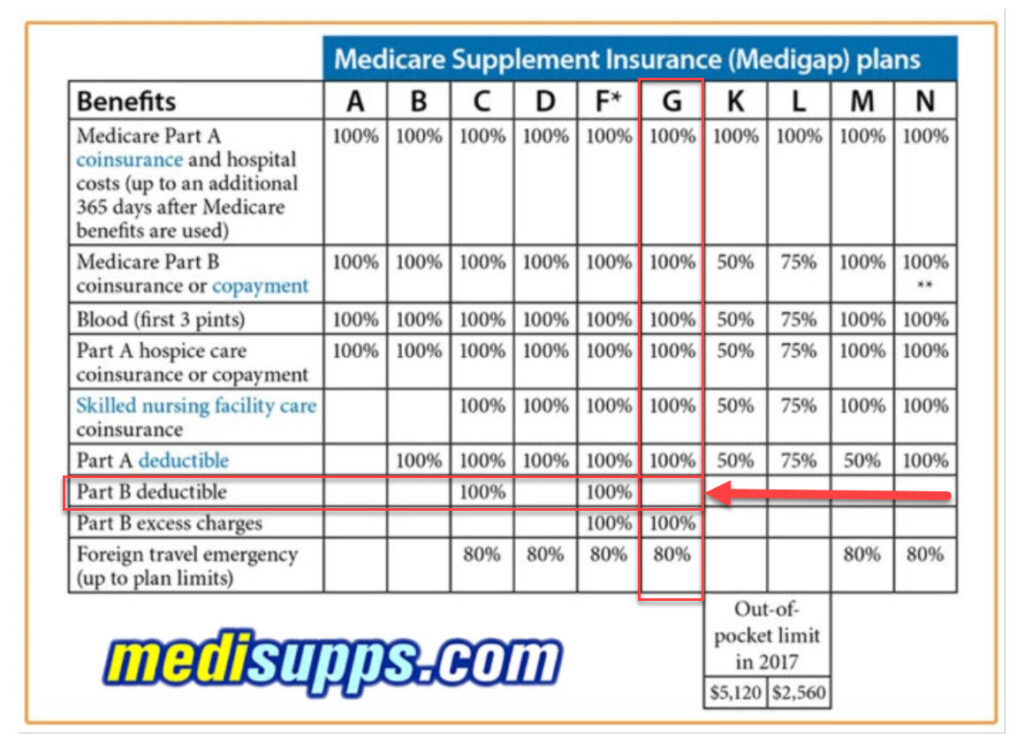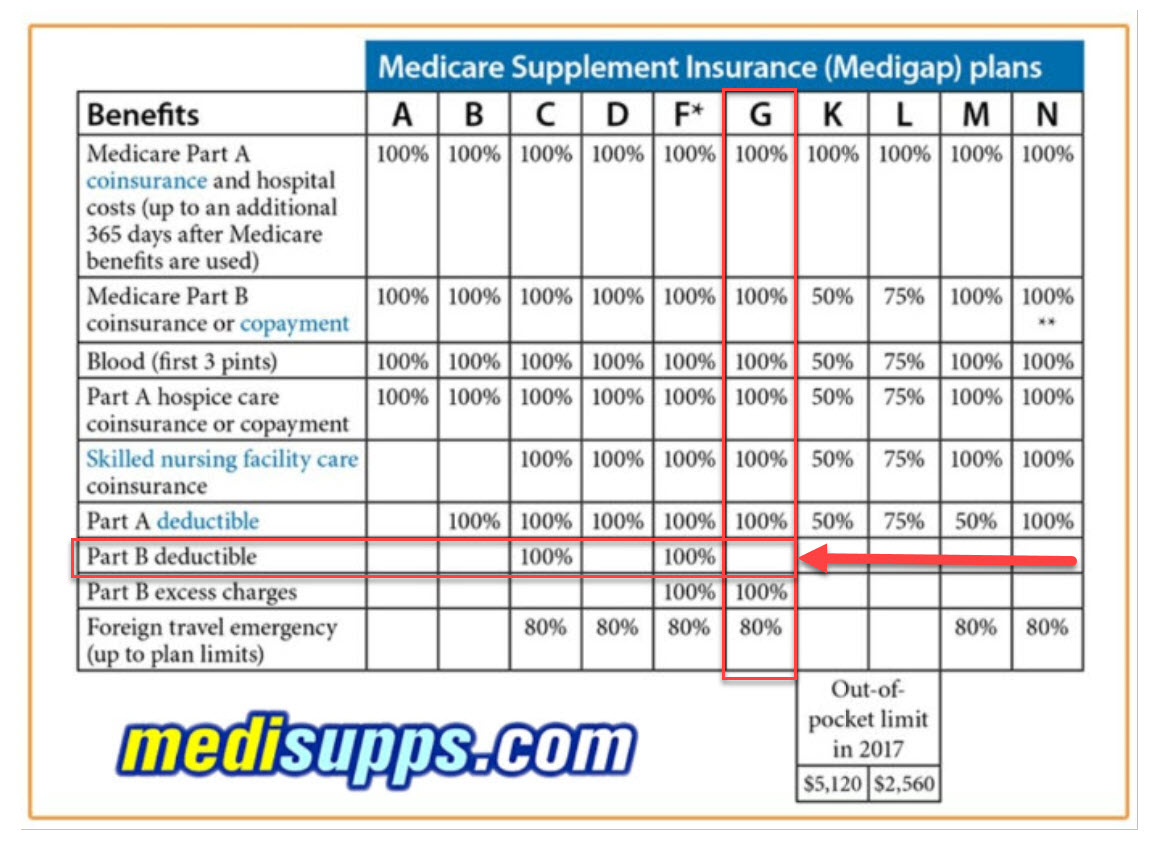
Decoding Medicare Conversion: A Comprehensive Guide
Navigating the complexities of healthcare can be daunting, especially when it comes to understanding Medicare. One term that often surfaces and causes confusion is “Medicare conversion.” What exactly does Medicare conversion mean, and how does it affect your healthcare coverage? This guide aims to demystify Medicare conversion, providing a comprehensive overview of its various facets and implications. Whether you’re approaching retirement, already enrolled in Medicare, or simply seeking to understand the healthcare landscape better, this article will equip you with the knowledge to make informed decisions about your Medicare conversion options.
Understanding the Basics of Medicare
Before diving into the specifics of Medicare conversion, it’s essential to grasp the fundamental components of Medicare. Medicare is a federal health insurance program for individuals aged 65 or older, as well as certain younger people with disabilities or chronic conditions. It’s divided into several parts, each offering different types of coverage:
- Part A (Hospital Insurance): Covers inpatient hospital stays, skilled nursing facility care, hospice care, and some home healthcare.
- Part B (Medical Insurance): Covers doctor’s services, outpatient care, preventive services, and some medical equipment.
- Part C (Medicare Advantage): An alternative to Original Medicare (Parts A and B), offered by private insurance companies approved by Medicare. These plans often include additional benefits like vision, dental, and hearing coverage.
- Part D (Prescription Drug Insurance): Helps cover the cost of prescription drugs.
What is Medicare Conversion? Exploring Different Scenarios
The term “Medicare conversion” isn’t a standardized term with a single, universally accepted definition. Instead, it encompasses several different scenarios related to transitioning into or changing aspects of your Medicare coverage. Here are some common interpretations of Medicare conversion:
Converting from Group Health Insurance to Medicare
One of the most frequent uses of the term involves transitioning from employer-sponsored group health insurance to Medicare. This often occurs when individuals retire or leave their jobs. When this happens, you’ll need to enroll in Medicare Parts A and B. It’s crucial to understand the enrollment periods and potential penalties for late enrollment. Generally, you have a seven-month Initial Enrollment Period (IEP) that begins three months before the month you turn 65, includes your birthday month, and ends three months after your birthday month. If you’re covered by a group health plan based on current employment when you turn 65, you may be able to delay enrolling in Part B without penalty until you lose that coverage or your employment ends, whichever comes first. This triggers a Special Enrollment Period (SEP).
Converting from COBRA to Medicare
COBRA (Consolidated Omnibus Budget Reconciliation Act) allows you to continue your employer-sponsored health insurance coverage for a limited time after leaving your job. However, COBRA is typically more expensive than Medicare. It is generally advisable to enroll in Medicare when you become eligible, rather than relying solely on COBRA. Failing to enroll in Medicare on time while relying on COBRA could result in late enrollment penalties for Part B and Part D. [See also: Medicare Enrollment Deadlines]. Medicare conversion from COBRA involves understanding when your COBRA coverage ends and ensuring a seamless transition to Medicare.
Converting from Medicaid to Medicare
Some individuals may be eligible for both Medicaid and Medicare, often referred to as dual eligibility. Medicaid is a state and federal program that provides healthcare coverage to low-income individuals and families. When someone becomes eligible for Medicare, they may need to coordinate their benefits between the two programs. In some cases, individuals may transition primarily to Medicare, with Medicaid supplementing their coverage. This Medicare conversion from Medicaid requires careful planning to ensure continuous and comprehensive healthcare coverage. There are specific Dual Eligible Special Needs Plans (D-SNPs) under Medicare Advantage designed to coordinate care for individuals with both Medicare and Medicaid.
Converting from Medicare Advantage to Original Medicare (or Vice Versa)
You have the option to switch between Original Medicare (Parts A and B) and Medicare Advantage (Part C) plans during certain enrollment periods. The Annual Enrollment Period (AEP), which runs from October 15 to December 7, allows you to make changes to your Medicare coverage, including switching between Original Medicare and Medicare Advantage. The Medicare Advantage Open Enrollment Period (OEP), which runs from January 1 to March 31, allows individuals enrolled in a Medicare Advantage plan to switch to a different Medicare Advantage plan or return to Original Medicare. This type of Medicare conversion requires careful consideration of your healthcare needs, preferences, and budget.
Factors to Consider During Medicare Conversion
Regardless of the specific type of Medicare conversion you’re undergoing, several key factors should be considered:
- Enrollment Periods: Understanding the various enrollment periods (IEP, SEP, AEP, OEP) is crucial to avoid late enrollment penalties and ensure continuous coverage.
- Coverage Needs: Assess your healthcare needs and preferences. Do you prefer the flexibility of Original Medicare or the comprehensive benefits of a Medicare Advantage plan?
- Costs: Compare the costs of different Medicare options, including premiums, deductibles, copayments, and coinsurance.
- Prescription Drug Coverage: If you take prescription drugs, ensure that your Medicare plan provides adequate coverage for your medications. Consider a Part D plan or a Medicare Advantage plan that includes prescription drug coverage.
- Doctor Networks: If you have preferred doctors or specialists, check whether they are in-network with the Medicare plans you are considering.
- Extra Benefits: Medicare Advantage plans often offer extra benefits, such as vision, dental, and hearing coverage, as well as wellness programs. Evaluate whether these benefits are valuable to you.
Avoiding Common Pitfalls During Medicare Conversion
Medicare conversion can be a complex process, and it’s easy to make mistakes. Here are some common pitfalls to avoid:
- Missing Enrollment Deadlines: Failing to enroll in Medicare on time can result in late enrollment penalties that last for the duration of your coverage.
- Not Understanding Your Coverage Options: It’s essential to research and understand the different Medicare options available to you.
- Choosing a Plan Based Solely on Price: While cost is an important factor, it shouldn’t be the only consideration. Choose a plan that meets your healthcare needs and preferences.
- Not Reviewing Your Coverage Annually: Your healthcare needs may change over time. Review your Medicare coverage annually to ensure that it continues to meet your needs.
- Ignoring the Fine Print: Read the plan documents carefully to understand the coverage details, including any limitations or exclusions.
Seeking Professional Guidance
Navigating the complexities of Medicare conversion can be overwhelming. Consider seeking professional guidance from a qualified Medicare advisor or insurance agent. These professionals can help you understand your options, compare plans, and make informed decisions about your healthcare coverage. They can also assist you with the enrollment process and answer any questions you may have. [See also: Finding a Medicare Advisor]. Remember that these advisors should be independent and unbiased, representing multiple insurance companies to provide you with a wide range of options.
Conclusion: Mastering Your Medicare Conversion
Medicare conversion is a significant transition that requires careful planning and consideration. By understanding the different types of Medicare conversion, the factors to consider, and the common pitfalls to avoid, you can navigate this process with confidence. Whether you’re transitioning from group health insurance, COBRA, Medicaid, or switching between Original Medicare and Medicare Advantage, taking the time to educate yourself and seek professional guidance will ensure that you have the healthcare coverage that best meets your needs. The key to a successful Medicare conversion is proactive planning and a thorough understanding of your options. Don’t hesitate to reach out to resources and professionals who can assist you in making informed decisions about your healthcare future. This detailed explanation should empower you to handle any aspect of Medicare conversion smoothly and efficiently, ensuring continuous and comprehensive health coverage.

